Most of us lead lives of quiet desperation. So we’re told. Frits van Egters apparently leads a life more desperate than most. He lies in bed too long. He eats green pickled herrings and brown onions. He turns the radio on. He turns it off. Half the day gone already.
He squeezes his spots. He tells bad jokes. He takes cod-liver oil. He makes custard from packet powder. He obsesses about going bald. He is annoyed by his parents: his mother darning socks, the warts on the back of his father’s neck. He has nightmares. He wakes the next morning and starts again.
In Gerard Reve’s The Evenings: A Winter’s Tale, we spend ten days and nights at the end of 1946 with 23-year-old Frits as he picks up and drops books and newspapers, and walks circuits of Amsterdam. Ten evenings only, but you know there have been others like them before, and will be others again, into middle youth, middle age, dotage and decline. Wouldn’t you despair?
First published in 1947, The Evenings has been crowned the best Dutch novel of all time by the Dutch Society of Literature. This is the first edition to have been translated into English. Frits is not immediately likeable company. If you wanted to make him a noble struggler against the dreariness of life, you’d call him a nihilist. You’d talk of anomie and ennui and existential crisis. He’s a little bit Meu-rsault, a little bit Lucky Jim, Holden Caulfield, Portnoy and Adrian Mole. If you were brought up on nannies saying ‘only boring people are bored’, you would think: get a hobby. Get a girl. (Get a boy?)
Vexed to distraction by his father putting his dessert spoon in the sugar bowl, Frits tells a friend: ‘It drives me mad to see it, I’m going crazy! I feel like bing, pow, hitting the roof. Lord God Almighty, does that make sense to you?’ You wish he would go bing, pow and all the rest of it. Might do him good.
Then, just when you think you can’t stand any more mindless drifting between the coal scuttle and the teapot, when you’re ready to slap him for rolling his eyes at his parents, who are kind, good and tidy and who got two young sons through the war in one piece, he does something so wonderfully kind and redemptive you feel as if your heart might go bing, pow straight out your chest.
It is New Year’s Eve. His mother has been conned at the market into buying a bottle of blackcurrant-and-apple cordial sold as wine. Memories of privation and starvation under the Germans are still keen. Frits remembers the air-dropped food parcels, the worry that their stores would run out: ‘It is the fear. That is the worst of it.’
The cordial is horribly sour. But he tells his mother: ‘I actually find that nice. Very good.’ And in that moment, there is a spirit-soaring sense that next year, the New Year just beginning, will be different.
Got something to add? Join the discussion and comment below.
Get 10 issues for just $10
Subscribe to The Spectator Australia today for the next 10 magazine issues, plus full online access, for just $10.
You might disagree with half of it, but you’ll enjoy reading all of it. Try your first month for free, then just $2 a week for the remainder of your first year.


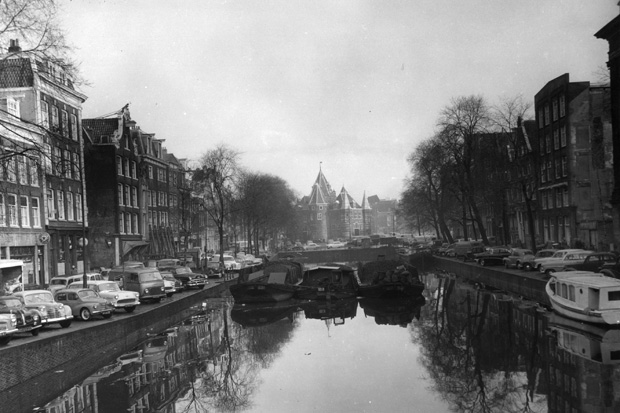
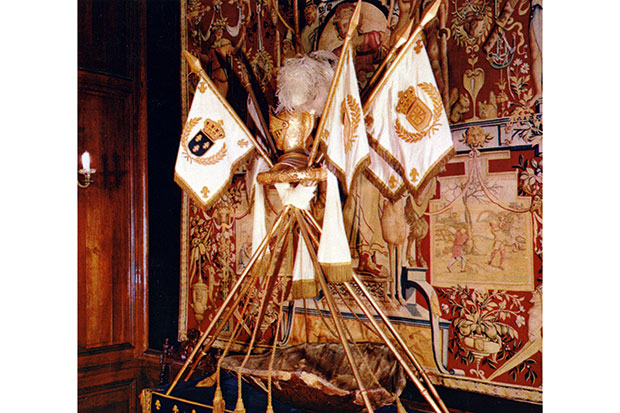
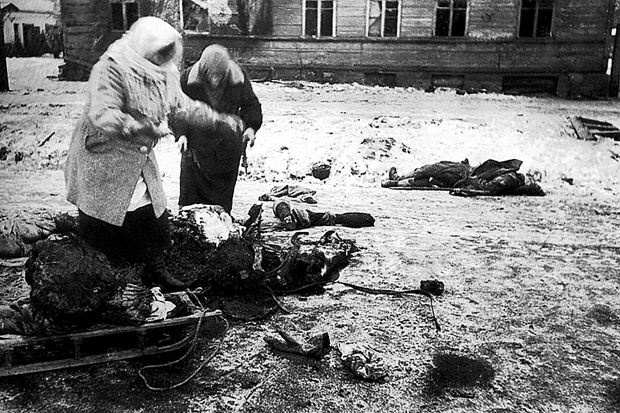
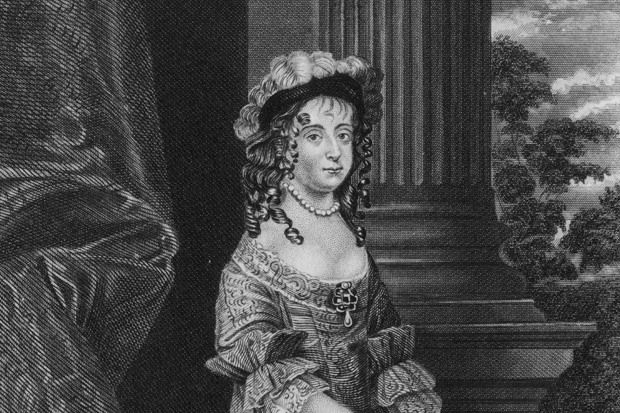

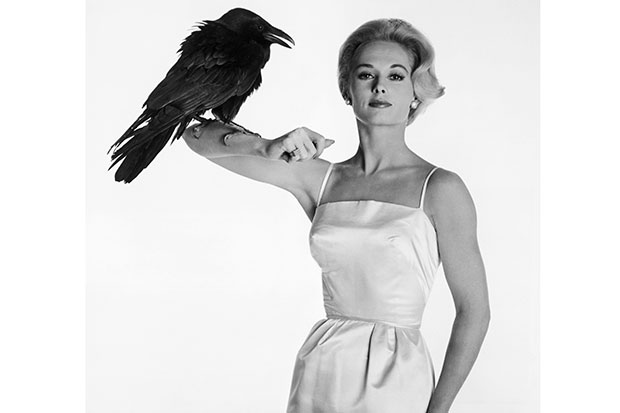
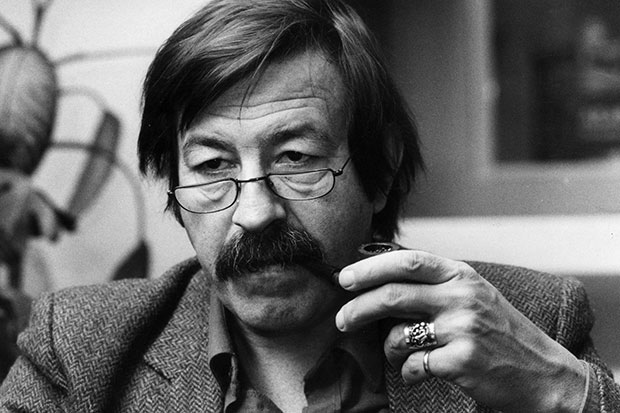






Comments
Don't miss out
Join the conversation with other Spectator Australia readers. Subscribe to leave a comment.
SUBSCRIBEAlready a subscriber? Log in